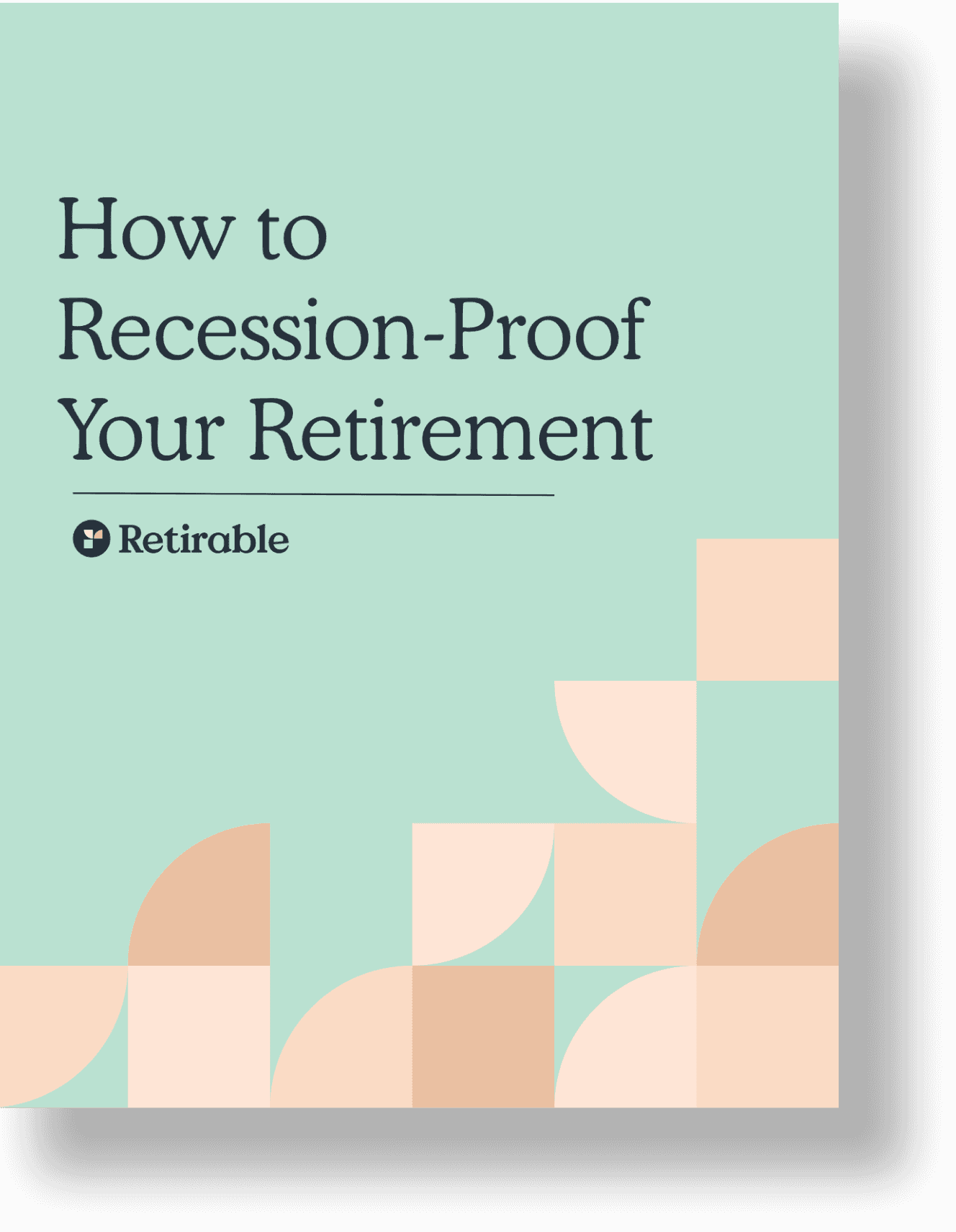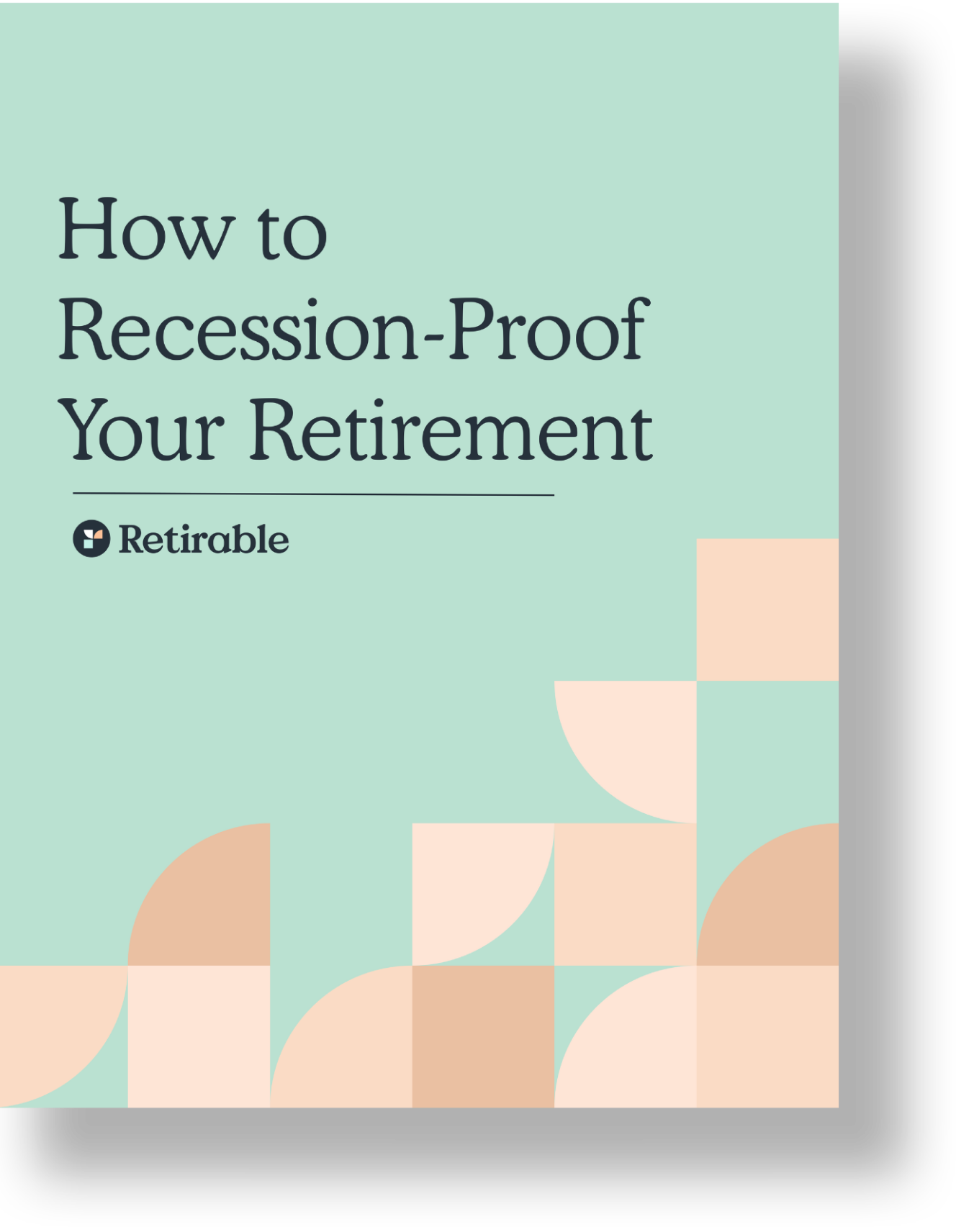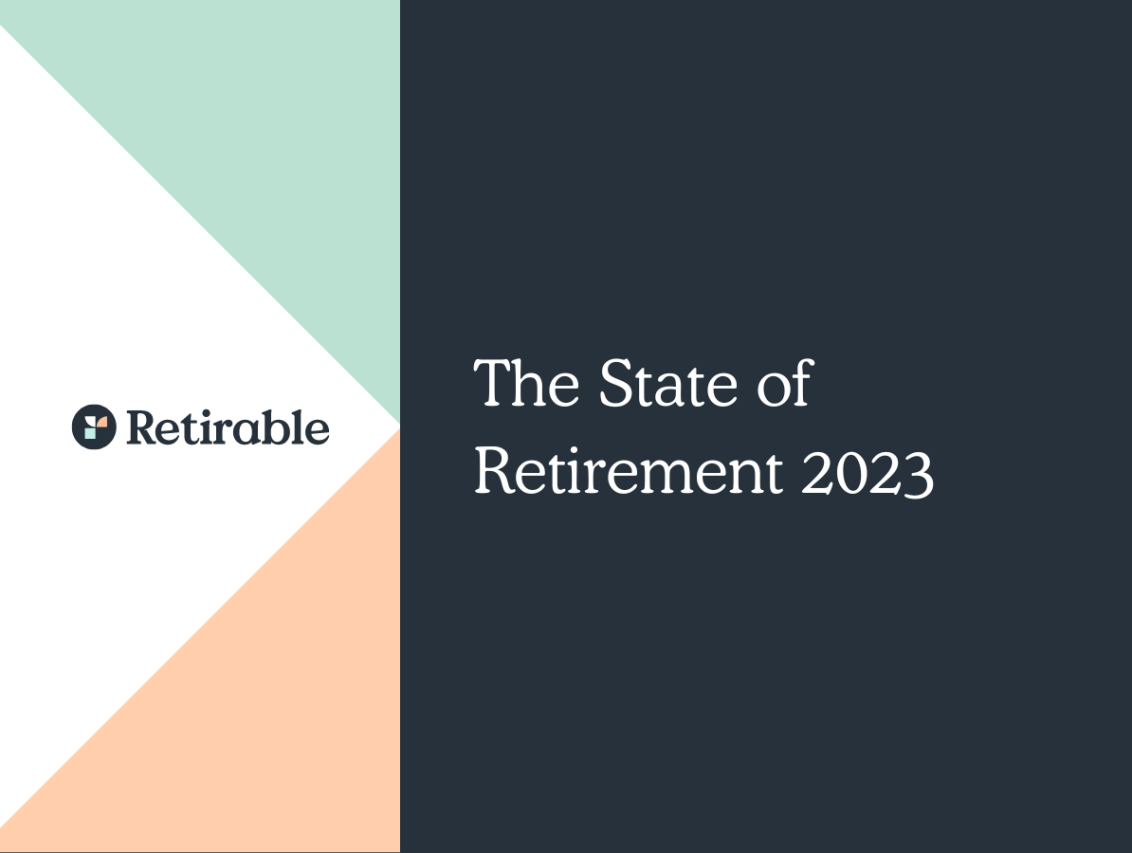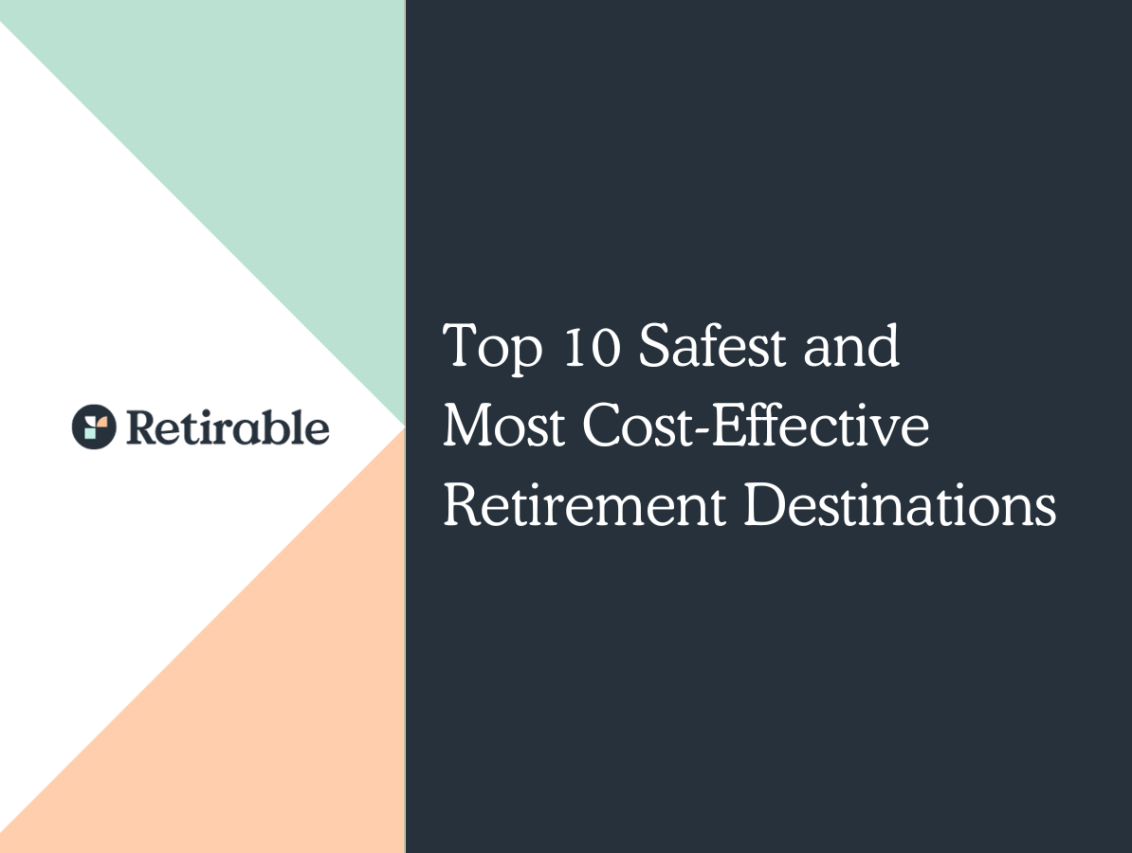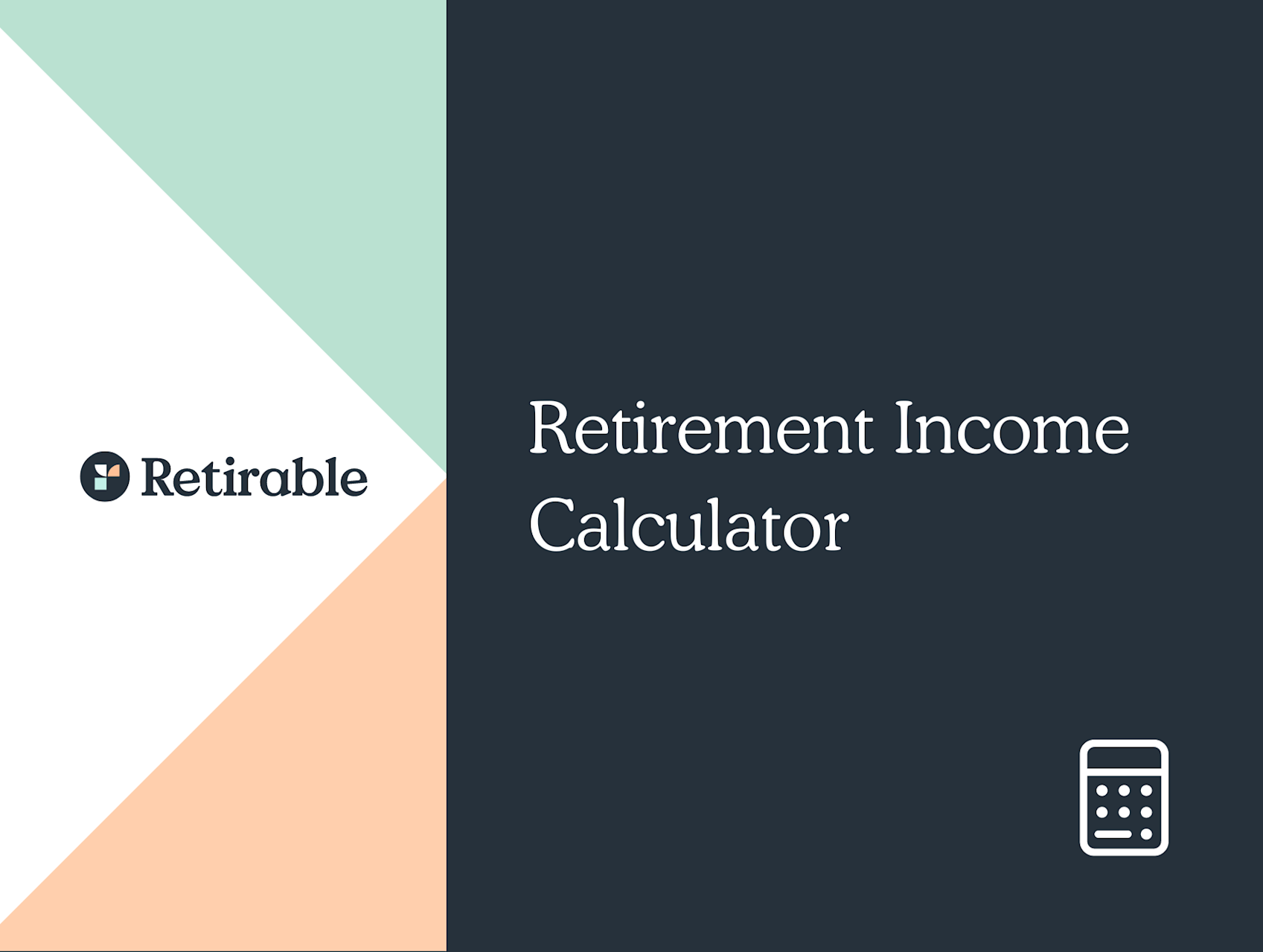Lifestyle
The decision to live somewhere new during your retirement is a big one, with many factors at play. To help you make this big decision, we sifted through pages of data to come up with the 5 best and 5 worst states to retire to.

C.E Larusso
•
Published March 29th, 2023
•
Updated March 22nd, 2024
Table of Contents
Key Takeaways
Deciding the best place to retire to is a very personal decision, and many factors should be weighed
We believe Georgia is the best place to retire to in 2024, with good weather, an average cost of living, and low income taxes
Hawaii is the worst state to retire to, considering its astronomical cost of living; Connecticut is not far behind given its high taxes
The decision to live somewhere new during your retirement is a big one, with many factors at play. One of the most important ones, of course, is knowing how much your state will tax your retirement income and the overall cost of living. Those factors alone put some states out of reach for many people over 65, as some places impose high income and property taxes. That said, you might decide to live more leanly in exchange for a state that represents your values and offers the cultural and recreational opportunities you enjoy most, whether that’s biking or museum-hopping. To help you make this big decision, we sifted through pages of data to come up with the 5 best and 5 worst states to retire to.
Top 5 Best States to Retire in the United States
To pick the 2024 best states to retire to, we looked primarily at financial data: how retirement income is taxed, and how does the overall cost of living compare to the national average? In addition, we looked at factors such as weather, potential for natural disasters, like hurricanes, arts and entertainment opportunities, and healthcare options and accessibility.

5. Colorado
Population: 5,839,926
Share of Population 65+: 15.10%
Cost of Living for Retirees: 5% higher than the national average
Per Capita Income for Population: $42,807
Tax Rating for Retirees: Tax Friendly
Typical Home Value: $604,911
If you enjoy outdoor activities but have been priced out of places like California and Hawaii, consider Colorado. The state has skiing as well as national parks for hiking and camping, as well as plenty of fishing opportunities. Boasting more than 300 days of sunshine a year, Colorado is a great place to experience the beauty of all four seasons. Its healthcare is regularly ranked as one of the best in the country, and it has no estate tax as well as a low income tax.

4. Michigan
Population: 10,034,113
Share of Population 65+: 18.10%
Cost of Living for Retirees: 9% lower than the national average
Per Capita Income for Population: $34,768
Tax Rating for Retirees: Tax Friendly
Typical Home Value: $234,386
Look into life in Ann Arbor, a college town with excellent healthcare facilities (thanks to the universities), low cost of living, and lots of cultural opportunities. Nestled between The Great Lakes and boasting more than 11,000 inland lakes, there’s plenty of other unique gems throughout the Mitten State and its Upper Peninsula. The best part for retirees? Your Social Security won’t be taxed, and other sources of retirement income can be deducted up to $12,124 (single filers) or $24,254 (joint filers). Public pension income is completely exempt.

3. Florida
Population: 22,244,823
Share of Population 65+: 21.10%
Cost of Living for Retirees: 4% higher than the national average
Per Capita Income for Population: $35,216
Tax Rating for Retirees: Very Tax Friendly
Typical Home Value: $415,762
If warm weather is what you’re after, Florida has it. With over 20% of citizens age 65+, the state has lots to entice a retiring population, with miles of beaches, golf courses, and excellent tax benefits: there are no state taxes, as well as no estate or inheritance tax. One red flag: the state is prone to hurricanes, and hurricane season lasts from June to November, half of the year. In addition, deductibles for hurricane insurance often range from 2% to 5% of the policy coverage, and some companies won’t offer hurricane insurance at all.

2. Tennessee
Population: 7,051,339
Share of Population 65+: 17%
Cost of Living for Retirees: 10% lower than the national average
Per Capita Income for Population: $32,908
Tax Rating for Retirees: Tax Friendly
Typical Home Value: $297,943
There’s one big reason to recommend Tennessee that we’ll get out of the way: the state has no income tax. All forms of retirement income are untaxed at the state level, which can reap you significant savings in the long run. Property taxes are also low, the state has numerous unique cities and boasts beautiful natural wonders like the Great Smoky Mountains. One negative to note is that healthcare access is not always easy, especially in the state’s more rural areas.

1. Georgia
Population: 10,912,876
Share of Population 65+: 14.70%
Cost of Living for Retirees: 11% below the national average
Per Capita Income for Population: $34,516
Tax Rating for Retirees: Very Tax Friendly
Typical Home Value: $318,273
Georgians benefit from good weather (the average annual temperature is 64 degrees) and a low cost of living. Median home prices in Atlanta were $390,000 in 2022, which is roughly the average cost for the entire country, and there’s deals to be found in the outer suburbs of the city as well as in smaller metropolitan areas. In addition, the state income tax is relatively low and Social Security and pension benefits are exempt. Culture, unfortunately, might be one area where the Peach State is lacking, with some of the fewest arts institutions compared to other states.
Top 5 Worst States to Retire in the United States
Unless you have a significant savings or pension, many of the states listed here are simply financially out of reach for most retirees, with high cost of living and income taxes. In addition, they are less tax-friendly than most other places in the country; Connecticut, for instance, is the only state to tax most forms of retirement income, though the state recently phased out taxes on pensions and annuity income. That said, several states here offer excellent cultural opportunities, outdoor recreation, and weather, which should be considered as you make your retirement plans.

5. New York
Population: 19,677,151
Share of Population 65+: 17.50%
Cost of Living for Retirees: 35% higher than national average
Per Capita Income for Population: $43,208
Tax Rating for Retirees: Moderately Tax Friendly
Typical Home Value: $375,719
New York, like California and Hawaii, suffers from very high cost-of-living, with the expected necessary funds to comfortably retire there estimated at over $1.3 million. In addition, goods and services in the Empire State are 10% more expensive than national prices. All that said, New York has an abundance of culture and entertainment opportunities, more than many other states.

4. Maryland
Population: 6,164,660
Share of Population 65+: 16.30%
Cost of Living for Retirees: 24% higher than the national average
Per Capita Income for Population: $45,915
Tax Rating for Retirees: Moderately Tax Friendly
Typical Home Value: $415,797
Maryland has a lot to offer when it comes to outdoor recreation and fresh seafood, but the retirement benefits are less-than-excellent. It exempts some retirement income, such as 401(k) payout and Social Security, but taxes others. In addition, it is the only state in the country with both an inheritance and an estate tax. Finally, the threat of extreme weather and irregularity of pleasant temperate forecasts didn’t leave us much to recommend.

3. Connecticut
Population: 3,626,205
Share of Population 65+: 18%
Cost of Living for Retirees: 15% higher than the national average
Per Capita Income for Population: $47,869
Tax Rating for Retirees: Not Tax Friendly
Typical Home Value: $383,222
While Connecticut has a higher life expectancy than many other states, it is a financial burden to many retirees. The Nutmeg State is one of the few that taxes nearly all forms of retirement income. It also has very high property taxes; the median yearly tax is over $6,000. There are better, more financially sound options in New England, such as Maine and New Hampshire.

2. California
Population: 39,029,342
Share of Population 65+: 15.20%
Cost of Living for Retirees: 38% higher than the national average
Per Capita Income for Population: $41,276
Tax Rating for Retirees: Not Tax Friendly
Typical Home Value: $816,804
We have to rank the Golden State so low because of its astronomical taxes: California taxes income from retirement accounts and pensions at some of the highest rates in the United States, and sales tax is quite high, with an average of around 8.8%. That said, if you are very financially comfortable, you might prefer California and its seemingly endless outdoor recreation and cultural options.

1. Hawaii
Population: 1,440,196
Share of Population 65+: 19.60%
Cost of Living for Retirees: 86% higher than the national average
Per Capita Income for Population: $39,045
Tax Rating for Retirees: Moderately Tax Friendly
Typical Home Value: $1,038,544
Hawaii, despite the beautiful year-round sunny weather and stretches of beaches, is the worst place to retire if you’re keen to make your funds stretch. The cost of living on one of the islands is the highest for all of the states, with annual spending for comfortable retirement calculated at $117,724 per year. In addition, it has some of the lowest numbers of cultural institutions out of all the states.
All Best and Worst States to Retire in the United States
As we noted, there are more considerations than simple financial statistics when it comes to deciding where to spend your retirement. We suggest making a shortlist of states you are considering and then spending some time in each of them to get a sense of what it’s like to live there.
While you’re there, ask yourself some of these key questions:
- Are there activities I enjoy here?
- Can I afford a home here?
- Will I be able to practice my faith here?
- Do I like the weather?
- How far from the rest of my family will I be? Am I comfortable with that distance?
- Are the necessary healthcare facilities nearby?
If you’re interested to look through all the data we compiled about taxes and cost of living, you can see it here:
| State | Population | Share of Population 65+ | Cost of Living for Retirees Compared to National Average | Per Capita Income for Population | Tax Rating for Retirees: | Typical Home Value | Total crime per capita |
|---|---|---|---|---|---|---|---|
| Alabama | 5,074,296 | 17.60% | -12.90% | $30,458 | Tax Friendly | $204,965 | 4727.065 |
| Alaska | 733,583 | 13.30% | 25.50% | $39,236 | Very Tax Friendly | $337,373 | 5358.896 |
| Arizona | 7,359,197 | 18.30% | 8.00% | $34,644 | Moderately Tax Friendly | $458,907 | 4940.118 |
| Arkansas | 3,045,637 | 17.50% | -9.30% | $29,210 | Tax Friendly | $177,710 | 5898.753 |
| California | 39,029,342 | 15.20% | 38.70% | $41,276 | Not Tax Friendly | $816,804 | 4719.9 |
| Colorado | 5,839,926 | 15.10% | 5.20% | $42,807 | Tax Friendly | $604,911 | 6090.756 |
| Connecticut | 3,626,205 | 18% | 15.40% | $47,869 | Not Tax Friendly | $383,222 | 3311.746 |
| Delaware | 1,018,396 | 20.10% | 5.40% | $38,917 | Tax Friendly | $355,181 | 4354.642 |
| Florida | 22,244,823 | 21.10% | 4.50% | $35,216 | Very Tax Friendly | $415,762 | 3922.458 |
| Georgia | 10,912,876 | 14.70% | -11.10% | $34,516 | Very Tax Friendly | $318,273 | 4414.802 |
| Hawaii | 1,440,196 | 19.60% | 86.00% | $39,045 | Moderately Tax Friendly | $1,038,544 | 5076.88 |
| Idaho | 1,939,033 | 16.60% | -1.10% | $31,509 | Tax Friendly | $476,198 | 2466.346 |
| Illinois | 12,582,032 | 16.60% | -8.10% | $39,571 | Tax Friendly | $269,575 | 3544.667 |
| Indiana | 6,833,037 | 16.40% | -9.80% | $32,537 | Moderately Tax Friendly | $221,437 | 3924.039 |
| Iowa | 3,200,517 | 17.70% | -11.80% | $34,817 | Moderately Tax Friendly | $192,568 | 3699.976 |
| Kansas | 2,937,150 | 16.70% | -12.70% | $34,968 | Moderately Tax Friendly | $206,176 | 4823.212 |
| Kentucky | 4,512,310 | 17.10% | -7.20% | $30,634 | Tax Friendly | $197,644 | 3818.102 |
| Louisiana | 4,590,241 | 16.50% | -6.50% | $30,340 | Tax Friendly | $214,522 | 6408.216 |
| Maine | 1,355,924 | 21.70% | 14.50% | $36,171 | Not Tax Friendly | $360,836 | 2420.932 |
| Maryland | 6,164,660 | 16.30% | 24.10% | $45,915 | Moderately Tax Friendly | $415,797 | 3619.488 |
| Massachusetts | 6,981,974 | 17.40% | 49.90% | $48,617 | Moderately Tax Friendly | $611,819 | 2415.177 |
| Michigan | 10,034,113 | 18.10% | -8.30% | $34,768 | Tax Friendly | $234,386 | 3199.772 |
| Minnesota | 5,717,184 | 16.70% | -4.90% | $41,204 | Not Tax Friendly | $340,122 | 4527.25 |
| Mississippi | 2,940,057 | 16.80% | -15.50% | $26,807 | Very Tax Friendly | $164,132 | 4494.426 |
| Missouri | 6,177,957 | 17.60% | -9.90% | $33,770 | Moderately Tax Friendly | $231,062 | 5604.784 |
| Montana | 1,122,867 | 19.60% | 5.30% | $34,423 | Moderately Tax Friendly | $449,723 | 4711.464 |
| Nebraska | 1,967,923 | 16.40% | -8.90% | $35,189 | Not Tax Friendly | $239,814 | 4152.405 |
| Nevada | 3,177,772 | 16.50% | 1.90% | $34,621 | Very Tax Friendly | $484,530 | 4313.506 |
| New Hampshire | 1,395,231 | 19.30% | 14.70% | $43,877 | Tax Friendly | $450,827 | 2344.184 |
| New Jersey | 9,261,699 | 16.90% | 14.00% | $46,691 | Moderately Tax Friendly | $480,275 | 2511.751 |
| New Mexico | 2,113,344 | 18.50% | -6.20% | $29,624 | Moderately Tax Friendly | $296,395 | 6462.032 |
| New York | 19,677,151 | 17.50% | 35.70% | $43,208 | Moderately Tax Friendly | $375,719 | 3185.2 |
| North Carolina | 10,698,973 | 17% | -3.10% | $34,209 | Moderately Tax Friendly | $322,055 | 4872.292 |
| North Dakota | 779,261 | 16.10% | -2.60% | $37,343 | Moderately Tax Friendly | $282,461 | 4577.236 |
| Ohio | 11,756,058 | 17.80% | -10.60% | $34,526 | Moderately Tax Friendly | $213,360 | 4009.418 |
| Oklahoma | 4,019,800 | 16.20% | -13% | $30,976 | Tax Friendly | $181,574 | 5869.825 |
| Oregon | 4,240,137 | 18.60% | 22.20% | $37,816 | Moderately Tax Friendly | $534,956 | 5609.893 |
| Pennsylvania | 12,972,008 | 19% | -1.80% | $37,725 | Tax Friendly | $267,549 | 3677.679 |
| Rhode Island | 1,093,734 | 18.10% | 11.20% | $39,603 | Not Tax Friendly | $443,482 | 2721.722 |
| South Carolina | 5,282,634 | 18.60% | -3.70% | $32,823 | Tax Friendly | $293,445 | 5972.837 |
| South Dakota | 909,824 | 17.50% | -3.90% | $33,468 | Very Tax Friendly | $292,488 | 4414.837 |
| Tennessee | 7,051,339 | 17% | -9.70% | $32,908 | Tax Friendly | $297,943 | 5658.304 |
| Texas | 30,029,572 | 13.10% | -7.40% | $34,255 | Tax Friendly | $314,718 | 4936.535 |
| Utah | 3,380,800 | 11.70% | 2% | $33,378 | Moderately Tax Friendly | $588,862 | 5189.516 |
| Vermont | 647,064 | 20.60% | 16.40% | $37,903 | Not Tax Friendly | $358,862 | 2607.376 |
| Virginia | 8,683,619 | 16.30% | 2.10% | $43,267 | Tax Friendly | $379,206 | 3121.483 |
| Washington | 7,785,786 | 16.20% | 14.00% | $43,817 | Tax Friendly | $640,494 | 5758.57 |
| West Virginia | 1,775,156 | 20.70% | -10.20% | $28,761 | Tax Friendly | $137,286 | 3154.662 |
| Wisconsin | 5,892,539 | 17.90% | -6.10% | $36,754 | Moderately Tax Friendly | $266,750 | 3294.709 |
| Wyoming | 581,381 | 17.90% | -8.34% | $36,288 | Very Tax Friendly | $320,939 | 3455.441 |
*View this data in an interactive spreadsheet
Frequently Asked Questions
What factors determine the best and worst states to retire?
The best and worst states to retire are often determined by factors including cost of living, healthcare quality, taxes, climate, safety, recreational activities, and the overall well-being of seniors. Each of these elements can significantly impact the quality of life for retirees.
Which state is considered the best to retire in 2024?
While specific rankings can vary depending on the criteria used, states often cited as great retirement destinations include those with favorable tax policies, good healthcare systems, and pleasant climates. Florida frequently ranks high due to its warm climates, relatively lower cost of living, and senior-friendly tax policies.
What makes a state a poor choice for retirement?
States might be considered less desirable for retirement due to high costs of living, high taxes (including income, property, and sales taxes), harsh climates, lower-quality healthcare systems, and safety concerns. High living expenses, particularly for housing and healthcare, can strain retiree budgets.
Are taxes a major consideration for choosing a retirement state?
Yes, taxes are a significant consideration since they can greatly affect a retiree's net income. States with no income tax or favorable tax exemptions for retirees (on Social Security income, pensions, and other retirement income) are often more attractive. High property taxes or state income taxes can deter retirees.
How should I start researching the best state for my retirement?
Begin by identifying your priorities such as climate, healthcare, cost of living, and taxes. Then, use reputable sources that rank states based on these criteria. Consider visiting potential retirement destinations to get a personal feel for the area. Consulting with a financial advisor who understands retirement planning can also provide personalized advice based on your financial situation and retirement goals.
Choosing the best state for retirement is a highly personal decision that depends on individual preferences, financial situation, and lifestyle goals. It's important to thoroughly research and consider all factors before making a decision.
Share this advice

A professional content writer, C.E. Larusso has written about all things home, finance, family, and wellness for a variety of publications, including Angi, HomeLight, Noodle, and Mimi. She is based in Los Angeles.
Share this advice

A professional content writer, C.E. Larusso has written about all things home, finance, family, and wellness for a variety of publications, including Angi, HomeLight, Noodle, and Mimi. She is based in Los Angeles.
Free Retirement Consultation
Still have questions about how to properly plan for retirement? Speak with a licensed fiduciary for free.

